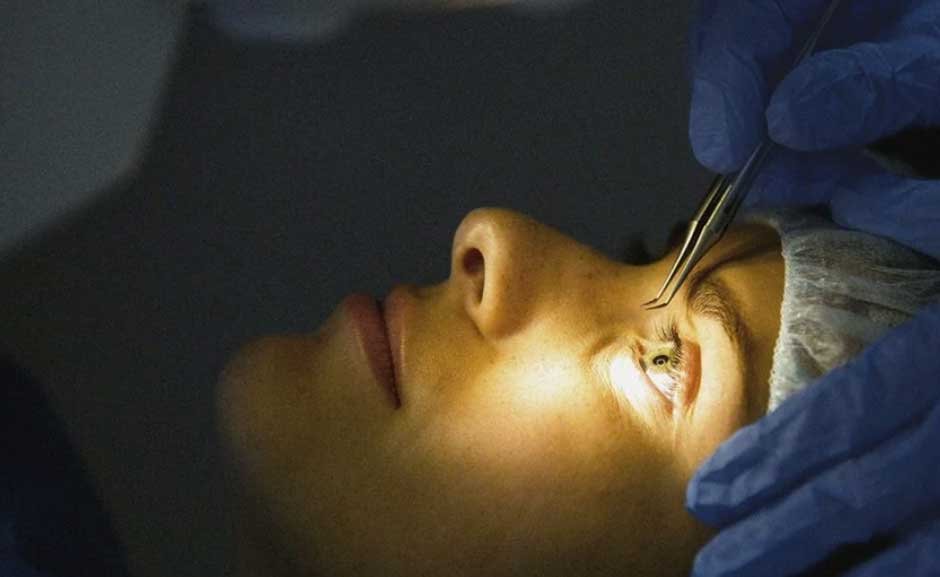Laser eye surgery, also known as refractive surgery, is a medical procedure that has revolutionized how individuals with vision problems experience the world. It corrects refractive mishaps like myopia, hyperopia, and astigmatism. Here is how laser eye surgery works to correct various vision problems:
Reshaping the Cornea
Laser eye surgery corrects vision problems by restructuring the cornea, the eye’s outermost layer. An irregularly shaped cornea focuses light incorrectly and causes blurred vision. Laser surgery corrects blurred vision by restructuring the form of the cornea to a regular shape.
LASIK and PRK Eye Surgeries
In laser-assisted in situ keratomileusis (LASIK) eye surgery, the surgeon extracts a flap from the cornea and restructures underlying tissues with a laser. After reshaping the cornea, the surgeon replaces the flap, allowing the eye to heal.
In photorefractive keratectomy (PRK) eye surgery, the surgeon extracts the outer part of the cornea and adjusts underlying tissues using laser technology. The surgeon then covers the eye with a bandage contact lens to aid healing.
Laser Eye Surgery Process
Laser surgery aims to modify the cornea’s shape, clear the eye’s front section, and change how light enters the eye to focus on the retina. It reduces the need for patients to use contact lenses and eyeglasses. Here is the surgery process:
Consultation and Analysis
An eye surgery procedure starts with a detailed eye examination performed by an ophthalmologist. The assessment points out the patient’s eye health, qualification for laser surgery, and vision prescription.
Tailored Treatment Plan
The ophthalmologist uses mapping and measurement techniques to form a personalized plan for treatment customized according to patient needs. This treatment plan presents needed adjustments for the optimal correction of their vision.
Corneal Reshaping
The surgery is a quick, painless process involving the use of an excimer laser or a femtosecond laser to reform the cornea’s shape. An ophthalmologist will choose between LASIK or PRK surgeries depending on suitability.
Vision Correction
Precise pulses of the laser extract tiny corneal tissues when restructuring the curvature of the cornea. The laser flattens the cornea for nearsightedness complications and steepens the cornea for farsightedness challenges. Adjusting irregularities in the curvature of the cornea corrects astigmatism.
Healing and Recovery
The cornea starts to heal after the surgical procedure. Patients can experience dryness, temporary fluctuations of vision, and mild discomfort when recovering. Scheduled follow-up meetings with an ophthalmologist enable tracking of the patient’s progress.
Outcomes and Benefits
Laser surgery leads to lower dependence on contact lenses and offers better vision for daily activities. It helps individuals reluctant to wear glasses for cosmetic concerns and athletes aiming to partake in activities requiring participants not to use eyeglasses. Improved vision can be beneficial for individuals of all ages and backgrounds.
Potential Complications
People with keratitis, cataracts, glaucoma, keratoconus, and large pupils risk experiencing complications after laser surgery. It can take many weeks before complications subside and the patient’s vision stabilizes. Potential complications include halos, dry eyes, glare, and double vision. Post-operative instructions from the ophthalmologist can help lower the risk of complications and facilitate better healing.
Eligibility for Surgery
Approach a professional in the eye care industry to determine your suitability to have eye surgery. Your age, corneal thickness, eye health, and prescription stability influence your eligibility level. An eye care professional assesses the various factors to determine the eye treatment appropriate for your condition.
Schedule Your Consultation for Laser Eye Surgery
Laser surgery corrects various vision problems, including astigmatism, nearsightedness, and farsightedness. The process reshapes the cornea to enable the proper focusing of light to the retina for clearer vision. For eye surgery, consult an experienced ophthalmologist to learn about your eligibility, potential complications, and the benefits of the process.









